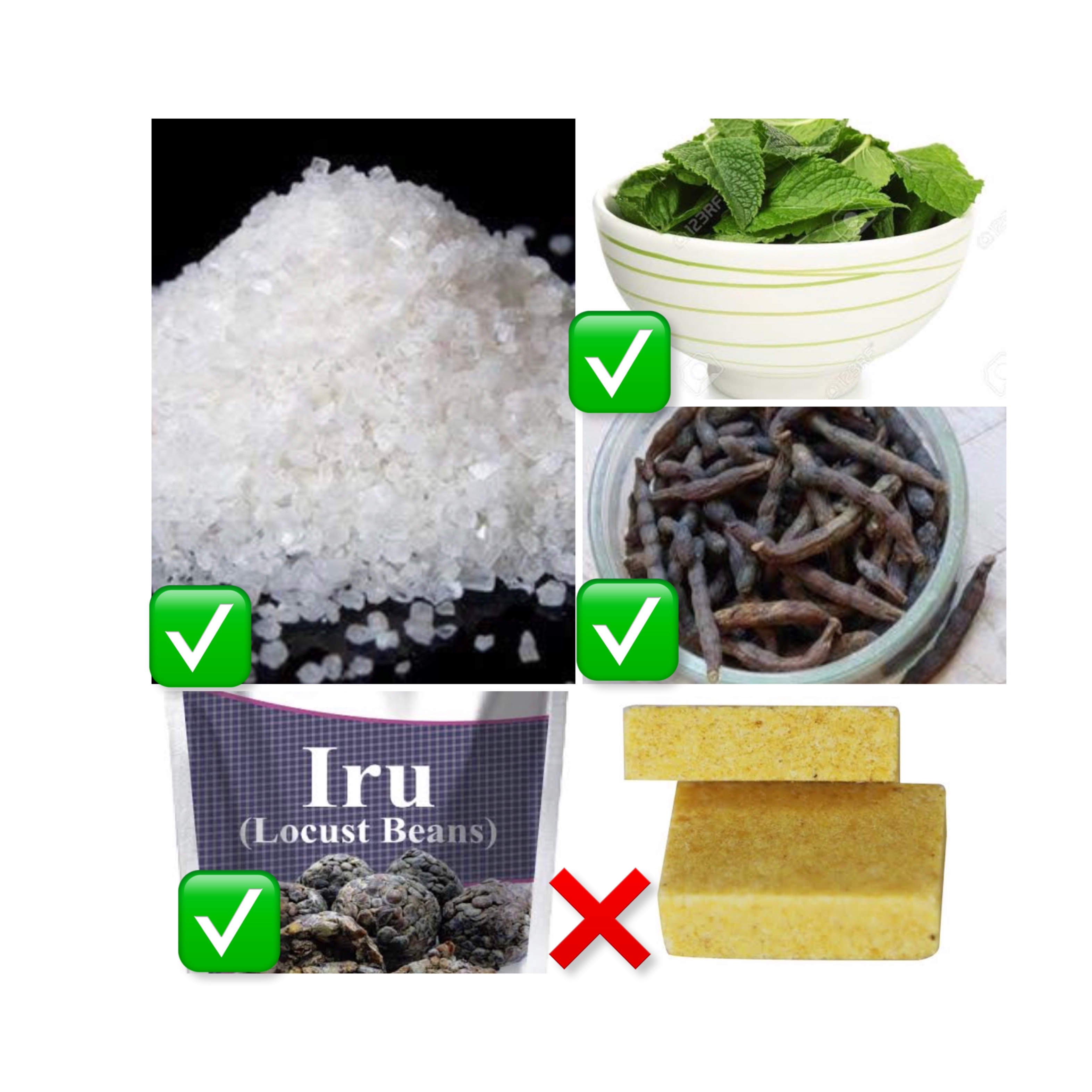
Gut Health
Our gut plays a significant role in the way we look and feel. According to Hippocrates the father of natural medicine, all disease begins in the gut. Our gut is the ‘spring board’ of our well being. It is the origin of health and disease in our bodies. Typically, when it is well so are other parts of our body and vice versa.
Gut health is not just about good food digestion. A healthy gut is one that digests food efficiently and has a positive impact on our general well being. It is also one that has minimal or zero accumulation of faecal matter, as waste passes through and is eliminated expeditiously.
Waste matter can accumulate in our gut, as a result of poor digestion and insufficient fibre. Ingested fibre acts like a ‘toothbrush’ with faecal matter in our gut, cleaning it.
Increasingly more is being learned about the connection between the state of our gut and health. There is growing evidence that a healthy gut microbiome is important for our mental health, an effective immune system as well as other areas of our body. These are discussed further below.
Gut microbiome
Gut microbiome, is the collection of bacteria, fungi, yeast, parasites, protozoan, viruses etc. in the digestive tract. They help break down food into a form that can enter the bloodstream, so that our bodies can absorb nutrients from what we consume.
Our gut is an organised environment, each part performing a specific purpose. Different groups of microorganisms do the job of breaking down food into an easily absorbable and digestible consistency. The bacteria in the gut microbiome, can be good or bad. The good bacteria assists with digestion and helps keep bad bacteria under control. A healthy balance of bacteria in the gut, is beneficial for optimal health.
Research has found that too much of a certain kind of bad bacteria in the gut microbiome, can cause conditions like, Crohn’s disease, ulcerative colitis and irritable bowel syndrome (IBS). These conditions can make people more prone to developing permeability in their gut wall, making them more vulnerable to disease or infections. This is generally referred to as leaky gut, and is discussed further below.
Gut health refers to the wellness of the entire digestive system. This includes the function and balance of bacteria in our gastrointestinal tract. When our gut is healthy, our stomach, intestines and other organs all work together to enable us eat and digest food without discomfort.
Unfortunately, things can go wrong at different stages in the digestive process. These could be various digestive diseases and food intolerances causing problems with how our body absorbs the nutrients in the what we consume.
Some foods/drinks etc. that are harmful to the gut
-Excess caffeine and alcohol thins the lining of the gut. These beverages are best consumed with food
-Stress thins the lining of the gut
-Sugar kills good gut bacteria
-Gluten (particularly hybridised wheat), corn and soy cause leaky gut. Gluten breaks down the villi and will eventually cause leaky gut.
-Pro inflammatory oils like soybean and canola oil used in fried foods are not beneficial to our gut. These oils are cheap and so are often used by various restaurants to reduce their costs.
Fried food in moderation with good oils like olive and avocado oil and butter are much healthier. Baking or grilling is better than frying.
-It is worthwhile being aware of all foods that make us unwell when we consume them and consider not continuing to eat them.
-The way the foods we consume are grown is also important for our gut health.
Are you wondering how to know if your gut is healthy? According to Cristy Dean, a dietician and gut health specialist a healthy gut can be measured in a number of ways. “This can be from how often we pass stool, to the time it takes for food to transit through the body. Everybody is different, however it is considered normal to go between three times a day and three times per week. Very slow or very fast transit time can indicate something isn't right with digestion. Stool passed should be medium to dark brown, smooth, sausage-like and be passed without pain or excessive bloating or gas.”
Signs of bad gut health
Poor gut health is a very common problem and can occur for a number of reasons. The common indicators of an unwell gut are:
-bloating
-constipation
-loose stools
-nausea and vomiting
-heartburn
-food sensitivity
-brain fog
Bad breath/halitosis can also be an indicator of an unhealthy gut. The mouth is the entry point to our gut. This is why symptoms of an unwell gut can affect the mouth. There are other, slightly more obscure symptoms that are often associated with poor gut health. These include:
-Disturbed sleep, fatigue and low energyy
-Eczema and other skin flare ups
Dean also recommends that since gut health is very personal, we should look out for recurring changes to our usual experience. “Changes in bowel habits can be a sign that something is wrong, such as increased bloating, gas, diarrhoea, heartburn or waking up at night to pass stool,” she says. “Sleep disturbances, increased fatigue, skin irritation, food intolerances and unintentional weight changes can all be linked to an unhealthy gut.”
It is worth visiting your doctor or a gut health specialist to discuss potential causes and treatments, if you are experiencing any prolonged changes in any of the areas mentioned above.
Gut Bacteria and our immunity
The gut has a tremendous impact on our immune system. An unhealthy gut can cause our immunity to be suppressed. The wall of a healthy gut provides a barrier against viruses, fungi and ‘bad’ bacteria, entering the bloodstream. A compromised gut on the other hand, is permeable, and is commonly referred to as ‘leaky gut’. This is an unhealthy gut condition in which bacteria and toxins are able to flow through the intestinal wall into our bloodstream. It can also cause poor nutrient absorption from the foods we eat.
The gut can be likened to our second skin, that protects our organs and blood stream. Whatever escapes often finds its way to our brain and may
cause depression, anxiety, dementia, Alzheimer's, etc.
Leaky gut also places an extra detoxification burden on our liver and kidneys. There is an additional burden on our blood to maintain its pH…it has a narrow pH window for optimal health.
The leaky gut condition is the start of autoimmunity. This is the production of antibodies against the tissues of our own body; producing autoimmune diseases or hypersensitive reactions. These include conditions like rheumatoid arthritis, systemic lupus, psoriasis, Graves’ disease etc.
Leaky gut can lead to many other adverse conditions including:
-fatigue
-headaches
-confusion
-joint pain
-skin problems such as acne and eczema flare ups
-chronic diarrhoea and constipation.
Inflammation of the gut
Inflammation of the gut, causes considerable discord in the body. Our gut microbiome plays a huge role in managing inflammation.
Inflammation is the way our bodies respond to any foreign stimulus. When our bodies experience intrusion, which can be from a virus, bacterium, allergen, or injury, immune cells migrate to the area. These cells, in full protection mode surround and attack the intruder. This causes swelling, redness, and a rise in body temperature. A healthy immune system calms the inflammation and the body quickly returns to normal. Chronic inflammation develops when our body cannot effectively eliminate the cause of inflammation.
About 70% of our immune system lives in the gut microbiome. An out of balance immune system can respond to the foods we eat. In some cases, the immune response can happen frequently. This ongoing overreaction can affect the balance of bacteria in the gut and even the integrity of the gut lining. Inflammation is an indicator that the immune system is out of balance.
Frequent immune attack induced inflammation, will eventually decrease our body’s ability to absorb the nutrients available in the food we eat.
Let’s take a look at the impact of our gut bacteria on various parts of the body:
Gut Bacteria and our Heart
Research has shown that some kinds of gut bacteria may be the link cholesterol has to heart disease. When foods like red meat or eggs, are consumed, these bacteria cause the release of a chemical that our liver converts into TMAO (trimethylamine-N-oxide). TMAO may cause build up of cholesterol in our blood vessels.
Gut Bacteria and our Kidneys
Too much TMAO may also lead to chronic kidney disease. People who have impaired kidneys do not get rid of TMAO like they should. That surplus can lead to heart disease.
Gut Bacteria and the Brain
There is a two-way, very intimate connection between our stomach and intestines (the gut) and our brain. A troubled gut can send signals to the brain. Conversely, a troubled brain can send signals to the gut.
An upset stomach or intestinal distress can be the cause or the product of anxiety, stress, or depression. The brain and the gastrointestinal (GI) system are intimately connected. This is why it is common to experience anxiety induced stomach problems. The gastrointestinal tract is sensitive to various emotions, like anger, anxiety, sadness, elation etc. These can trigger symptoms in the gut. When gastrointestinal distress is experienced with no obvious external cause such as food poisoning, it is worthwhile considering the role of stress and emotions to expedite relief.
The intimate connection between our brain and gut, is also the reason why, the very thought of food can release juices in our stomach before we even start eating. A healthy gut communicates with the brain. This communication let’s us know when we are hungry and what we would like to eat.
Our gut microbiome is very unique, so foods that are enjoyed by one individual may cause irritation in another. The most common food intolerances are to gluten, which is found in wheat, and lactose and casein, found in milk. Many can digest these common allergens easily, whilst others find themselves experiencing intense discomfort and unpleasant symptoms when these foods are consumed.
Gut Bacteria and Obesity
An unhealthy gut microbiome can also be the reason why weight just does not shift. Disequilibrium in the gut microbiome may cause confusion in signals from the brain when it comes to determining whether or not we feel hungry or not. This inability to control appetite can cause weight gain.
How to Heal and Improve Gut Health
A slow methodical step by step approach is the best way to heal the gut. Very briefly, Christa Orecchio advises that we start by removing all offenders and helping the body rid itself of inflammation. She recommends a Turmeric ginger lemonade to be consumed first thing in the morning. Lemon helps flush the liver, ginger encourages the body to produce more HCL. Turmeric is highly anti-inflammatory.
A home made bone broth fast is good to get a jump start on starving the bad bacteria in the gut. Pre and Probiotics can then be used to continue the gut restoration process. These can also be continued after the health of the gut has been restored.
Eating foods that contribute to a healthy gut microbiome is essential for good health and our well being. Foods that contain prebiotics and probiotics used together is referred to as microbiome therapy and is beneficial in restoring and/or maintaining gut health.
Prebiotics are high-fiber foods that feed human microflora. Probiotics are foods or supplements that contain live microorganisms used to maintain or improve the "good" bacteria in the body. A combination of these two is known as microbiome therapy. It is beneficial in restoring gut health and can help make any probiotics consumed more effective. There is less research on prebiotics than on probiotics; so the full extent to which the former improves health is unclear.
Let’s take a closer look at probiotics. There are different types, each having a specific effect.
-probiotics help make our immune system stronger.
-they may boost gastrointestinal health, especially for those afflicted with irritable bowel syndrome.
-some probiotics may help ease food allergy symptoms such as lactose intolerance.
Our gut microbiomes are unique, therefore whether or not probiotics are effective can be different for individuals.
Probiotics can be sourced from dairy products like yogurt and aged cheeses. Read food labels for information on live cultures of bacteria like lactobacilli and bifidobacteria.
Probiotics can also be found in fermented vegetables, like kimchi and sauerkraut, and pickled vegetables, like onions and gherkins.
Gut health is also protected and improved by:
-reducing the consumption of overly processed, high-sugar, and fatty foods
-eating plenty of plant-based foods such as fresh vegetables and fruits
- for people who eat meat, lean protein such as chicken and fish are healthier than red meats
-nuts, seeds and legumes like beans and lentils are also excellent sources of both protein and fibre
- a diet high in fibre is also essential for a healthy gut. It provides a favourable environment for fibre-loving bacteria that generally live further along in the gut.
-what we eat has a direct impact on the bacteria in our gut. It is therefore important to remember, when we eat that we are not just feeding ourselves, but feeding billions of gut bacteria too. Our dietary choices have an impact on which bacteria thrive and which do not.
-quality sleep is essential for a healthy gut. Oftentimes people with disturbed sleep patterns have digestive concerns.
-regular exercise reduces stress levels and helps maintain a healthy weight. These will have a positive effect on gut health.
-it is extremely important to stop the unnecessary use of antibiotics. They wipe out both good and bad bacteria in the gut and destroy our gut lining, causing the leaky gut condition. This was discussed earlier in this article.
Antibiotics also affect the hydrochloric acid levels in our gut and therefore the digestion of foods like beef that require this acid for digestion. Many consume antibiotics for conditions such as the common cold or a sore throat. These are usually viral infections and do not respond to antibiotics anyway.
According to a recent study in Japan. There is evidence that some good gut bacteria may have an impact on longevity, as indicated in the unique gut bacteria of people who live to be a 100 and over. These individuals may have special gut bacteria that help ward off infections.
Conclusion
As we can now see, an unhealthy gut affects our wellness in more ways than one…
What we eat is absorbed or unabsorbed by our gastrointestinal system. We should always endeavour to be aware of the cumulative impact on our bodies of the foods we eat. What we eat is very important. We are what we eat. Let’s start to see our food as medicine…the means to improving our gut health and our general well being one meal at a time.




0 Comment